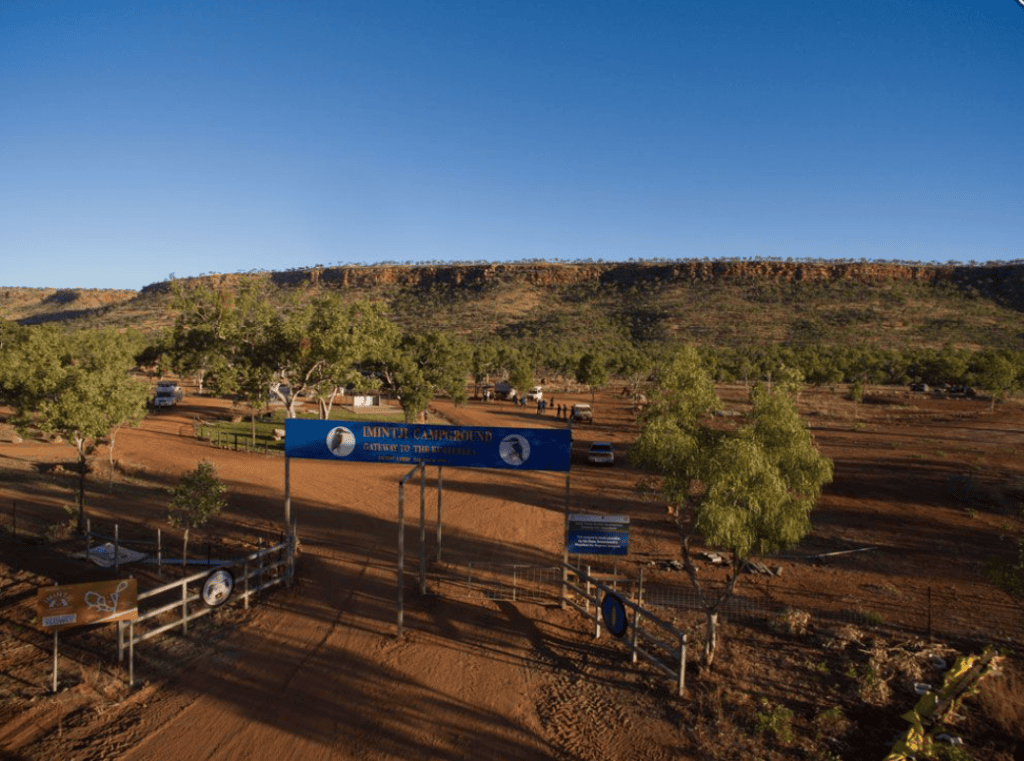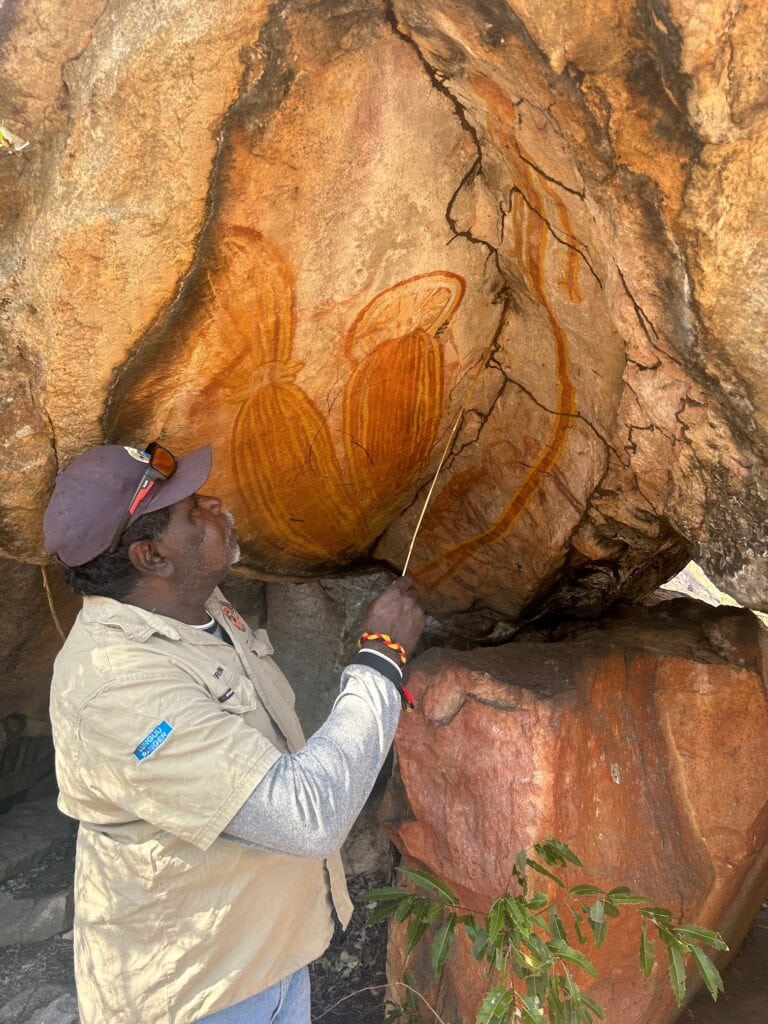Your Guide to Eco-Friendly Travel in Australia: Choosing Right

Introduction to Eco-Friendly Travel in Australia
Australia’s sweeping landscapes, unique wildlife, and vibrant culture make it a captivating destination for travelers worldwide. However, these natural treasures also come with a responsibility to protect and preserve them. Eco-friendly travel offers a way to enjoy Australia sustainably, minimizing environmental impact and fostering positive connections with local communities. This guide covers essential eco-conscious travel tips—from choosing sustainable accommodations and transportation to supporting local and Indigenous communities.

1. Choose Eco-Certified Accommodations
Finding eco-certified accommodations is one of the most impactful decisions you can make. These establishments prioritize sustainable practices, such as reducing energy consumption, conserving water, and supporting local businesses.
Look for eco-certifications from reputable bodies like EarthCheck or Ecotourism Australia, which ensure that accommodations meet stringent environmental and social standards.
Examples of Eco-Friendly Stays in Australia:
Daintree Ecolodge, Queensland: This ecolodge relies on solar power and collects rainwater in the ancient Daintree Rainforest. Guests can join Indigenous-led nature walks, connecting deeply with nature and supporting cultural preservation.
Imintji Campground, Western Australia: Situated on Wunaamin Miliwundi Ranges land, this campground is Indigenous-owned and operated, offering a sustainable, culturally enriching stay. Facilities include eco-friendly amenities and shaded camping areas that blend seamlessly with the environment. Guests are encouraged to learn about local heritage and support cultural preservation while exploring the remote beauty of the Kimberley.
Karijini Eco Retreat, Western Australia: Nestled in Karijini National Park, this eco-friendly retreat offers tents and cabins that blend with the landscape. It conserves water, uses solar energy, and implements sustainable waste practices, perfect for eco-conscious travelers exploring Western Australia.
What to Look for in Eco-Friendly Accommodations:
- Renewable Energy Sources: Properties using solar, wind, or hydro power reduce their carbon footprint significantly.

- Water Conservation Systems: Rainwater harvesting, low-flow showers, and water recycling systems are crucial, especially in drought-prone areas.
- Waste Management: Properties that manage waste through composting, recycling, and other waste reduction initiatives.
- Community Engagement: Many eco-lodges prioritize sourcing products locally, hiring staff from nearby communities, and providing cultural experiences led by Indigenous guides. This not only enhances the guest experience but also directly benefits the local economy.
Choosing eco-conscious accommodations supports conservation, allows you to connect deeply with the environment, and uplifts local communities.
2. Opt for Low-Impact Transportation
Australia is vast, and travel between destinations can generate a significant carbon footprint. Luckily, there are sustainable transport options to help you explore the country responsibly.
- Train Travel: Australia’s scenic rail journeys offer an eco-friendly way to experience the country’s diverse landscapes. The Indian Pacific, which connects Sydney and Perth, takes passengers through the Blue Mountains, across the Nullarbor Plain, and into the heart of Western Australia. Alternatively, The Ghan travels from Adelaide to Darwin, showcasing everything from the lush south to the iconic red Outback. These train journeys not only reduce your carbon footprint compared to flying but also provide unforgettable views and cultural insights. Brisbane all Public transport fares have been reduced to a 50 cent flat rate across all zones and modes across the city. Why wouldn’t you take advantage of this?

Electric Vehicle (EV) Rentals: More rental companies now offer electric and hybrid vehicles, making EV road trips accessible. Regions like the Great Ocean Road in Victoria have charging stations at popular stops, enabling sustainable travel along the coast. Tasmania also has extensive EV infrastructure for exploring the island responsibly.
Bicycle and Walking Tours: Exploring cities by bike or on foot reduces emissions and enhances your experience. Melbourne and Adelaide have extensive bike-sharing programs and scenic bicycle tours through parks, historic neighborhoods, and street art spots. Many cities in Australia are walkable and offer tours focusing on Indigenous heritage, architecture, and local history.
Public Transportation: Use public transit over private cars in major cities. Sydney, Melbourne, and Brisbane offer reliable, affordable networks to reach both popular and lesser-known attractions, providing an authentic local experience.
Why Choose Low-Impact Transportation?
Opting for sustainable transport helps reduce pollution, protect natural habitats, and decrease Australia’s overall carbon emissions. Train travel and EVs lower carbon output, while cycling and walking allow you to explore with virtually no emissions. Not only do these choices benefit the environment, but they also enhance your travel experience by providing unique perspectives on Australia’s landscapes and culture.

3. Support Local and Indigenous Communities

Eco-friendly travel isn’t just about protecting the environment; it’s also about fostering positive relationships with the communities you visit. Australia’s rich cultural diversity includes vibrant local and Indigenous communities that benefit significantly from sustainable tourism. By consciously supporting these communities, you contribute to preserving their heritage and promoting economic growth.
Buy Local Products and Souvenirs: Support the economy and reduce environmental impact by purchasing locally made goods. Look for handcrafted jewelry, textiles, and homewares created by Indigenous artisans. At the Yarliyil Art Centre in Halls Creek, Western Australia, you can buy Aboriginal art that directly supports Indigenous artists.
Experience Indigenous Culture: Aboriginal-led tours provide insight into Australia’s heritage through the eyes of its traditional custodians. Dreamtime Southern X in Sydney offers walking tours that reveal Indigenous perspectives on the landscape and its history. In the Northern Territory, cultural experiences include storytelling, bush tucker tasting, and art workshops, deepening your understanding of Aboriginal culture.
Dine on Local and Indigenous Ingredients: Many Australian restaurants now use local ingredients to reduce food miles and support regional farmers. Look for native ingredients like wattleseed, lemon myrtle, and finger lime, which offer a true taste of Australia. Seek out eateries that highlight native produce for an eco-friendly, authentic dining experience.
Support Indigenous Accommodations and Tours on the Gibb River Road: Western Australia’s Gibb River Road offers Indigenous-owned eco-lodges and campsites for immersive cultural experiences. Check out my previous post on Sustainable Travel: Indigenous Accommodation on the Gibb River Road. These accommodations collaborate with local communities to provide travelers with authentic encounters while respecting cultural sensitivities.
Why Community Support Matters
Spending locally, engaging with Indigenous-led tours, and enjoying local cuisine help preserve cultural practices and generate economic benefits for communities. Supporting these initiatives contributes to the sustainability of the regions you visit, ensuring that future generations can continue to share in Australia’s cultural and environmental richness.
Verdict
Eco-friendly travel in Australia is a rewarding approach that not only preserves the environment but also strengthens ties with the communities that call this incredible continent home. By choosing eco-certified accommodations, low-impact transportation, and community-focused experiences, you contribute to a sustainable tourism model that protects Australia’s landscapes and supports its people. With each mindful choice, you play a part in preserving the natural and cultural wonders of Australia for generations to come. So, as you plan your journey, remember that eco-friendly travel doesn’t just enrich your experience—it leaves a lasting positive impact on the places you explore.


